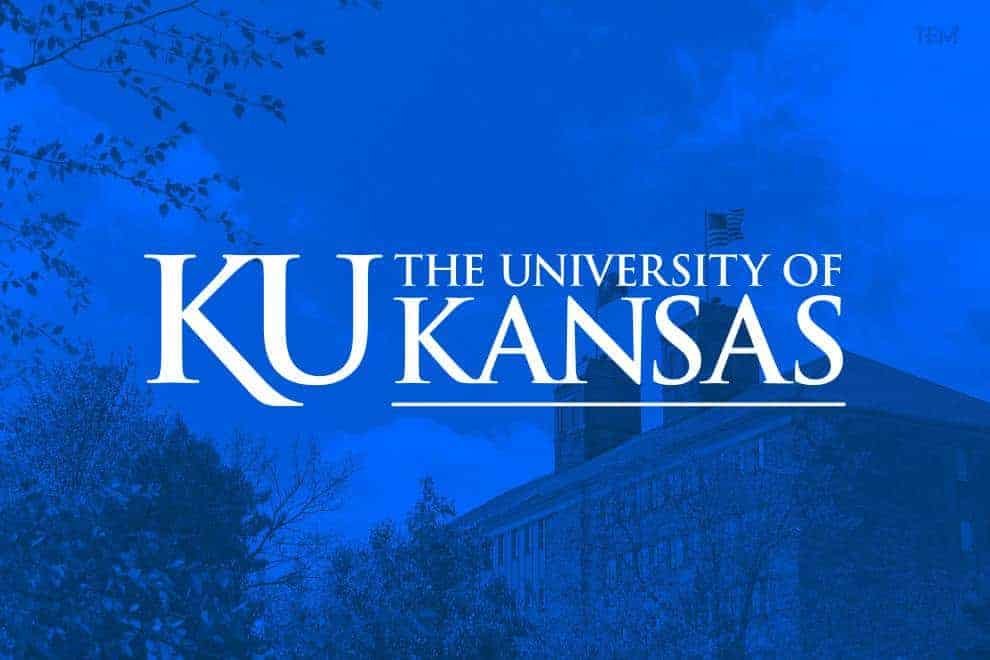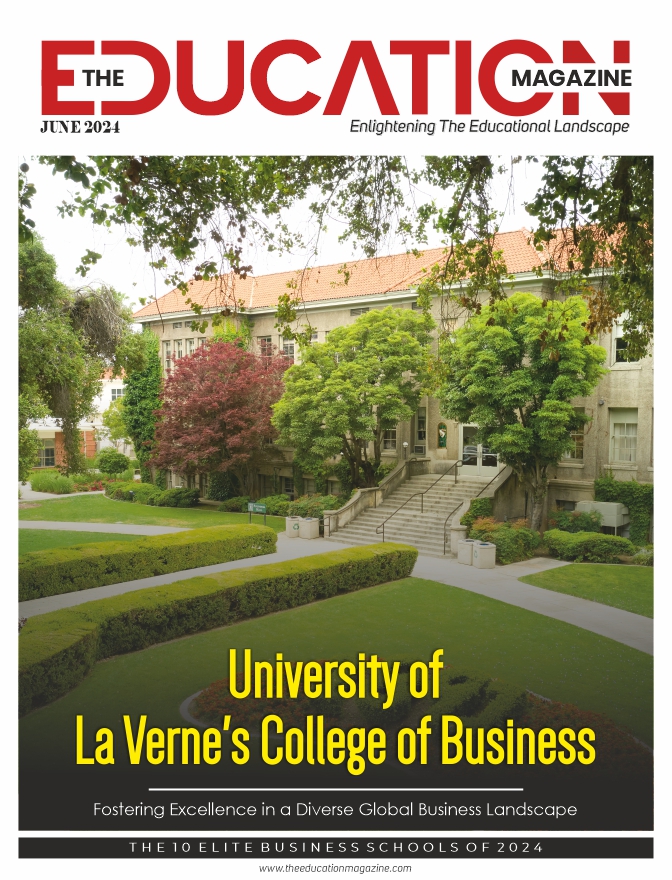Key Highlights:
- The project aims to accelerate scientific discovery and prepare the next generation of American scientists for multiteam international collaborations
- The new AccelNet project is co-funded by the NSF AccelNet Program and the Established Program to Stimulate Competitive Research (EPSCoR)
- This AccelNet initiative will cooperate with international and domestic network partners to accomplish four primary goals
Accelerating Scientific Discovery
Quarks and gluons are the fundamental building blocks of all visible matter in the universe. They’re described by the theory of strong nuclear interactions: quantum chromodynamics, or QCD. However, a complete grasp of how observed properties in the universe emerge from these interactions has remained elusive. Much as the understanding of atoms and their structure led to the development of very precise instruments such as atomic clocks, physicists think a better understanding of QCD will accelerate a host of breakthroughs in science and technology.
A new $250,000 project, called the Accelerating Research through International Network-to-Network Collaborations (AccelNet) program intends to accelerate scientific discovery and prepare the next generation of scientists from the United States for multiteam international partnerships. Directed by Daniel Tapia Takaki, the project is funded together by the NSF AccelNet Program and the Established Program to Stimulate Competitive Research (EPSCoR). Furthermore, the project will support strategic links between U.S. and international research networks to leverage research and educational resources and tackle grand scientific challenges that require a significant coordinated international effort.
Four significant Goals
This project will focus on designing and establishing a ‘network of networks’ across the United States, Canada, and Latin America to accelerate the process of tackling QCD challenges in nuclear physics. It will enable the training of students, postdoctoral researchers, and early-career scientists in international multiteam nuclear physics projects that will have the strong participation of networks from this region.
According to the University of Kansas (KU) researcher, these activities will promote the integration of nuclear physics communities across the Americas and also help identify ethics standards and scientific methods for the U.S.-led network-to-network projects in nuclear physics.
This AccelNet project will collaborate with international and domestic network collaborators to achieve four major goals:
- Strengthen strategic alliances across the various nuclear physics research networks in the Americas
- Identify needs, strengths, and synergies of network partners for improving U.S.-led, large-scale nuclear science projects
- Design activities for researchers in the U.S., Canada, and Latin America that will facilitate leveraging complementary resources for quantum chromodynamics research
- Intensify the training of the next generation of researchers in nuclear physics in a novel set of skills that include international multiteam experience.
Read more: Exploring the leadership and technical skills of Engineering










